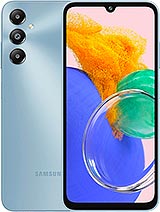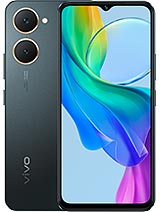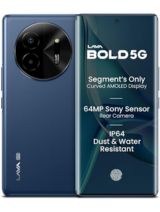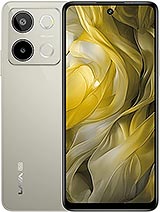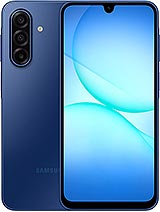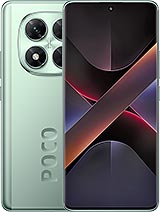Lava Shark 4G alternatives
Tap above to see alternatives.
Samsung Galaxy A14 alternatives
Tap above to see alternatives.
Lava Shark 4G

Lava Shark 4G
-
Unisoc T606
12 nm
-
5000 mAh
18W
-
6.67"
720 x 1612 pixels
-
50 MP
1080p@30fps
- Specs
Samsung Galaxy A14
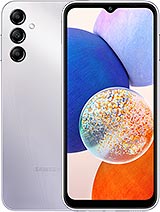
Samsung Galaxy A14
-
Exynos 1330
5 nm
-
5000 mAh
15W
-
6.6"
1080 x 2408 pixels
-
50 MP
1080p@30fps
- Specs
2x1.6 GHz Cortex-A75
6x1.6 GHz Cortex-A55
2x2.4 GHz Cortex-A78
6x2.0 GHz Cortex-A55
4GB 128GB (UFS 2.2)
6GB 128GB (UFS 2.2)
8GB 128GB (UFS 2.2)
(wide), AF
f/1.8, (wide), PDAF
2 MP
f/2.4, (macro)
2 MP
f/2.4, (depth)
f/2.0, (wide)
SIM1: Nano, SIM2: Nano
SIM1: Nano, SIM2: Nano
10 5G bands
n1, n3, n5, n7, n8, n20, n28, n40, n41, n78
In this performance comparison, the Samsung Galaxy A14 with its Exynos 1330 (5nm) performs better than the Lava Shark 4G with the Unisoc Unisoc T606 (12nm), thanks to superior chipset efficiency.
Samsung Galaxy A14 offers 2 years of OS updates, while Lava Shark 4G does not have confirmed OS update information. Samsung Galaxy A14 receives 4 years of security updates, while Lava Shark 4G does not have confirmed security update information.
Both Lava Shark 4G and Samsung Galaxy A14 use LCD screens. In terms of smoothness, Lava Shark 4G offers a higher 120 Hz refresh rate, ensuring fluid scrolling and animations. Both devices deliver the same brightness level at nits. Notably, Samsung Galaxy A14 offers a higher screen resolution, resulting in sharper visuals and more detailed content.
Both phones are equipped with the same 5000 mAh battery capacity. Lava Shark 4G also supports faster wired charging at 18W, compared to 15W on Samsung Galaxy A14.
Lava Shark 4G includes an IP54 rating, while Samsung Galaxy A14 lacks an official IP rating.
¹ Scores can vary even with the same chipset due to RAM, thermals, and software optimization.



